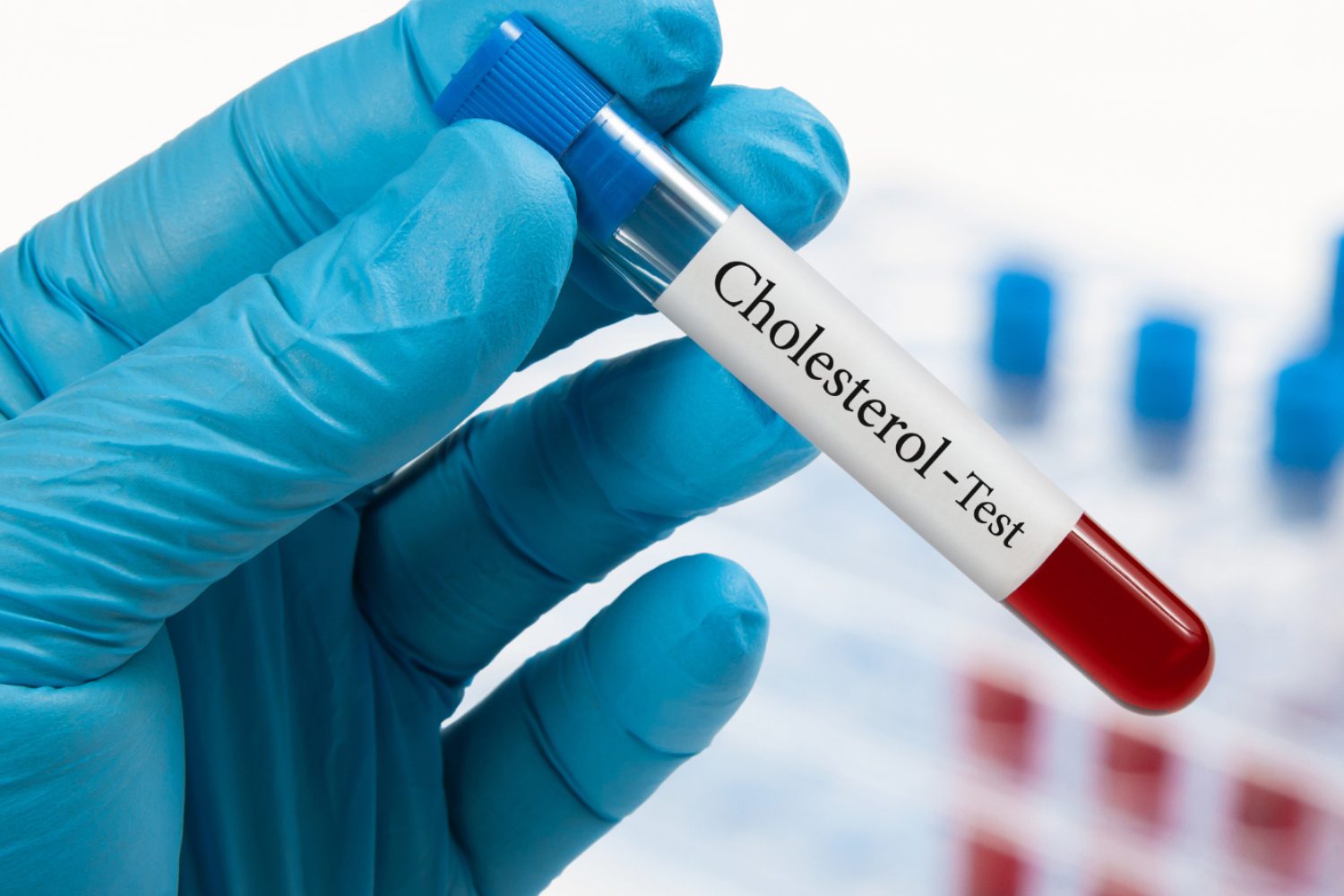High Cholesterol Specialist
New York Medical and Vascular Care
Cardiologists, Vascular Doctors, Podiatrists, Gastroenterologists, Physical Therapists, Pediatricians, Internal Medicine and Family Medicine Physicians Serving Patients in Sheepshead Bay, Marine Park, Flatlands & Midwood, Brooklyn, New York, Astoria Queens, New York, & Manhattan, New York
Get in Touch
"*" indicates required fields

High Cholesterol Q & A
What is high cholesterol?
Are there any symptoms of high cholesterol?
What are the risk factors for high cholesterol?
Some people have a higher risk of developing high cholesterol. Your risk increases with
- Family history of high cholesterol
- Older age
- Obesity
- Poor dietary habits
- Physical inactivity
- Diabetes
- Smoking
Dangerous complications associated with high cholesterol can include heart attack, stroke, and Coronary Artery Disease (CAD). Early detection and treatment are crucial to maintaining optimal health and wellness.
How can I lower my risk of high cholesterol?
How does my provider diagnose high cholesterol?
What are my high cholesterol treatment options?
Your New York Medical Vascular Care specialist might recommend weight loss, healthy eating, dietary supplements, regular exercise, not drinking alcohol, and increasing your fiber intake to keep high cholesterol under control.
Don’t let high cholesterol go undetected and lead to serious medical problems. Schedule a cholesterol screening at New York Medical Vascular Care by phone or book online today.
Ask us how we can help today.
